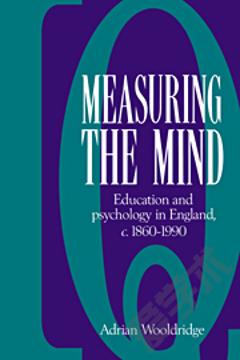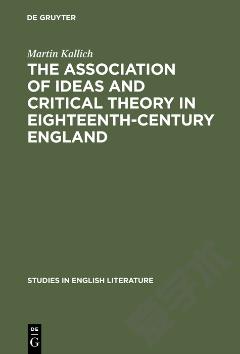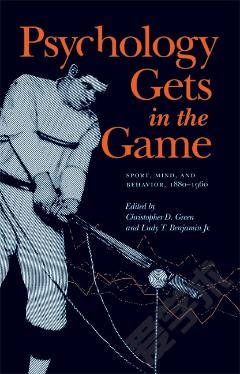Measuring the Mind: Education and Psychology in England c.1860–c.1990
The central claim of Measuring the Mind is that, contrary to popular opinion, the psychologists who dominated educational policy-making between the wars were educational progressives and political radicals. They argued that education should reflect the requirements of children rather than the convenience of adults, and regarded intelligence testing as an instrument of child-centred education. These psychologists owed their political inspiration to the meritocratic ideal and lost popularity with the waning of this ideal after the war. Four main themes dominate the discussion: the emergence of educational psychology as a distinct discipline; the recent history of ideas about children's mental development; the role of experts in formulating educational policy; and the rise and fall of the measurement of merit.
{{comment.content}}








 京公网安备 11010802027623号
京公网安备 11010802027623号